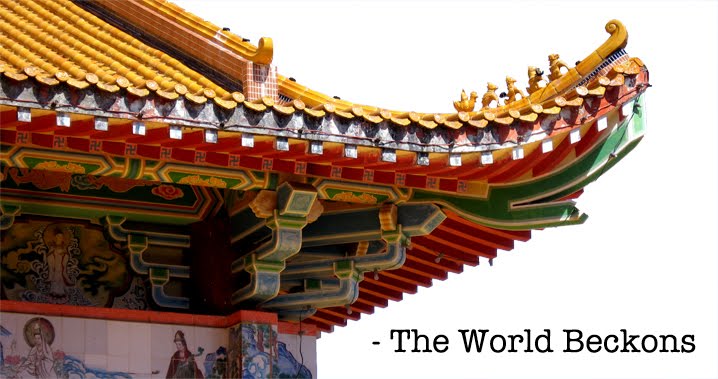 |
| The smoke that thunders. In colour. |
It is not surrounded by safety barriers.
Despite how dry much of the ground remains, the surrounding rainforest makes my lungs sweat. Every pore gasps for breath.
I had planned one last excursion this morning – to the Devil’s Pool – which didn’t work out. I’m gutted: this is the one activity around which I had planned the rest of the trip. For whatever the reason, one of the tour operators cancelled my months-ago booked and paid-for time slot and the rest today are filled. I’ve ventured into Zambia – amassing $100 USD in now-unneeded visas – for nothing.
Oh well; we’re safe, unharmed and have had a lot of fun. But still.
As if to calm me, a pair of rainbows bounce in the mist off the face of Victoria Falls, welcoming us to our final destination of this journey: 5,400 kilometres on the road from Cape Town and, after this morning, six new countries visited.
But, more importantly, many more miles of memories created with my father.
If there’s one thing travelling to this continent offers, it’s perspective.







